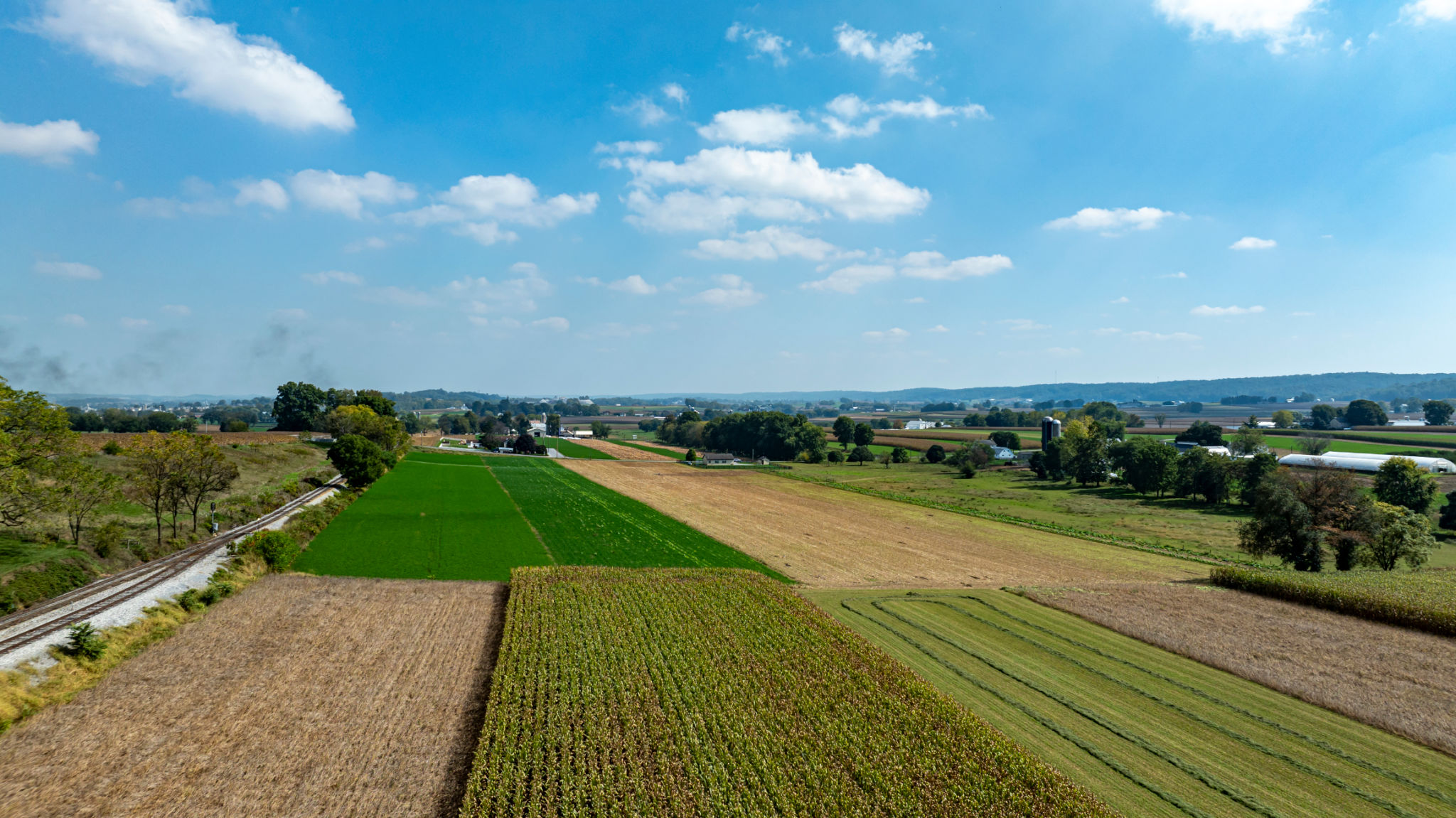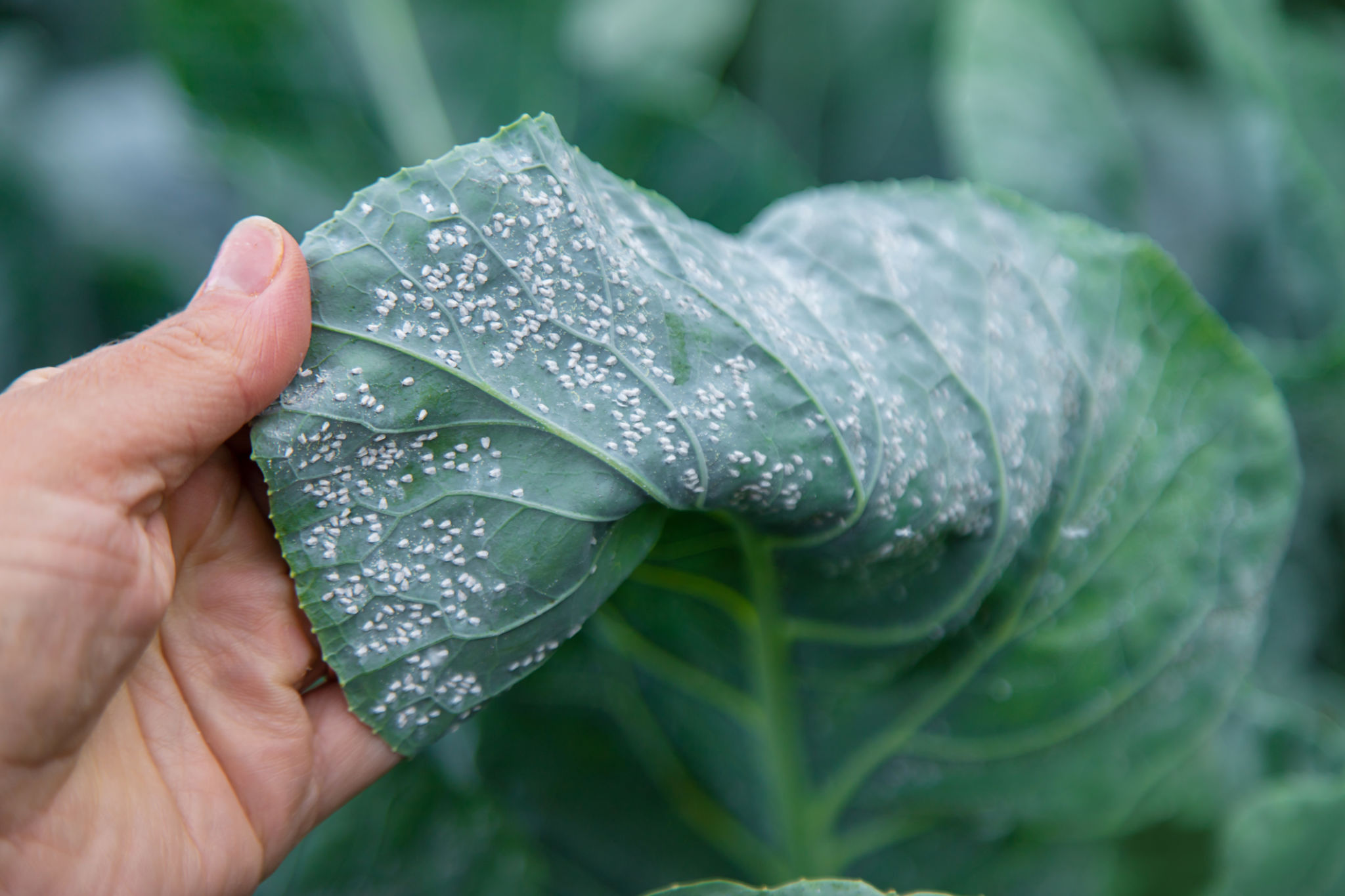Expert Tips for Transitioning to Sustainable Farming Practices
Understanding the Basics of Sustainable Farming
Sustainable farming is more than just a trend; it is a commitment to protecting our planet while producing the food and resources we need. At its core, sustainable farming practices aim to maintain soil health, reduce water usage, and minimize environmental impact. Transitioning to these practices doesn't have to be overwhelming. With expert insights and strategic planning, you can make your farm more sustainable and profitable.
One of the first steps in transitioning to sustainable farming is understanding the key principles involved. These include crop rotation, cover cropping, reduced tillage, and integrated pest management. By focusing on these foundational elements, farmers can enhance biodiversity and improve soil structure, leading to healthier crops and ecosystems.

Implementing Crop Rotation and Cover Cropping
Crop rotation involves alternating the types of crops grown in each field from season to season. This practice helps break pest and disease cycles, reduces soil erosion, and improves soil fertility. For instance, rotating legumes with grains can enrich the soil with nitrogen, a critical nutrient for plant growth.
Cover cropping, on the other hand, involves planting specific crops during off-seasons to cover the soil. This prevents erosion, suppresses weeds, and enhances soil health. Cover crops like clover and rye can also add organic matter to the soil, fostering a rich ecosystem beneath the surface.

Embracing Reduced Tillage
Reduced tillage is a practice that minimizes soil disruption. Traditional tilling can lead to soil compaction and degradation over time. By reducing tillage, you preserve soil structure and moisture levels, which are vital for healthy plant growth. This practice also encourages beneficial microbial activity in the soil.
To implement reduced tillage, consider using no-till drills or strip-till equipment. These tools allow you to plant seeds without disturbing large portions of the soil. The result is healthier soil that supports sustainable crop production.
Utilizing Integrated Pest Management
Integrated Pest Management (IPM) is a holistic approach to controlling pests with minimal environmental impact. Instead of relying solely on chemical pesticides, IPM combines biological, cultural, physical, and chemical tools to manage pest populations effectively.

Begin by monitoring pest levels and identifying thresholds for action. Use biological controls such as beneficial insects or natural predators to manage pests naturally. When necessary, employ targeted chemical treatments that minimize harm to non-target organisms.
Enhancing Water Management
Efficient water management is crucial in sustainable farming. Techniques such as drip irrigation and rainwater harvesting can significantly reduce water usage while ensuring crops receive adequate hydration. Implementing these systems can help conserve water resources and reduce costs.
Additionally, consider planting drought-resistant crop varieties that require less water. This not only makes your farm more resilient to climate change but also promotes long-term sustainability.

Engaging in Continuous Education
The field of sustainable agriculture is constantly evolving. Staying informed about new techniques and technologies is critical for success. Attend workshops, join farming networks, and subscribe to agricultural publications to keep your knowledge up-to-date.
Engaging with other farmers who have successfully transitioned to sustainable practices can provide valuable insights and inspiration. Collaborating with experts and peers allows you to learn from their experiences and apply proven strategies to your own operations.
Conclusion: Start Small and Scale Up
Transitioning to sustainable farming practices is a journey that requires commitment and patience. Start by implementing small changes and gradually scale up as you become more comfortable with new methods. Remember, every step towards sustainability contributes to a healthier planet and a more resilient farming operation.
By embracing these expert tips, you can make informed decisions that benefit both your farm and the environment. Sustainable farming is not only feasible but essential for future generations.
